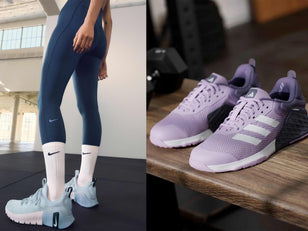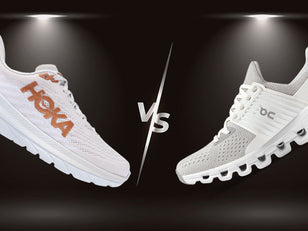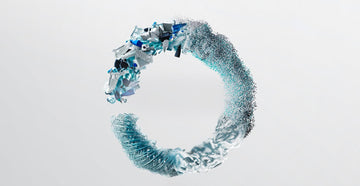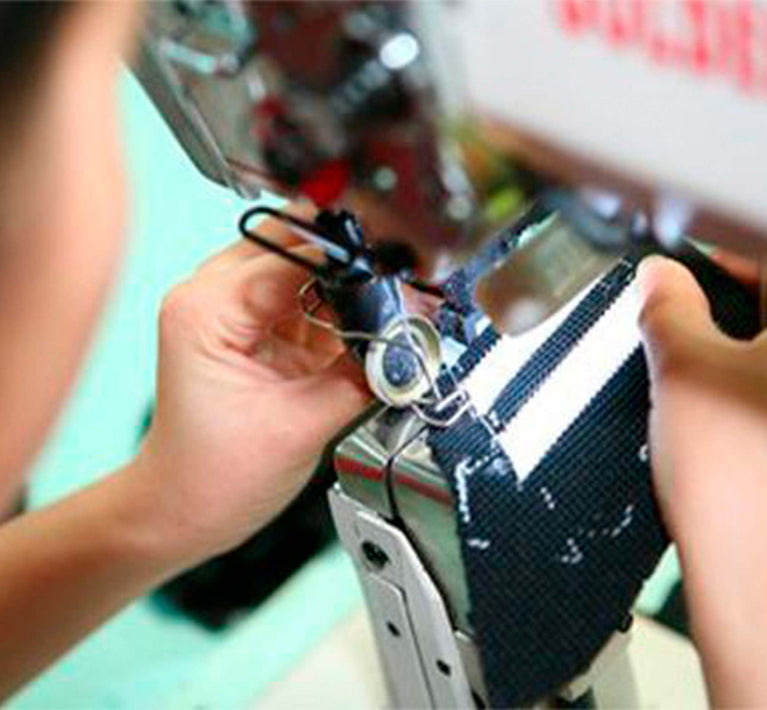
Shoe Reviews
Sale
Shop the SaleNew Brand Drops
All New inFeatured
All BrandsFeatured
All ShoesTrending
All Articles
Shoe Reviews
How to Find the Best Gym Shoes: The Complete Guide

Buying Guides
Alo Yoga Leggings: The Complete Guide and Review

Wellbeing
What to Know about Exercise on Phases of Your Menstrual Cycle

Shoe Reviews
Everything You Need to Know About HOFF Trainers

Running
How to Stay Safe Running in the Dark

Shoe Reviews
On Running Shoes vs HOKA Shoes
Earn points towards free products, discounts & more
Not a member?
Find out moreYour cart is empty


SUSTAINABILITY RATING: 4/5
Our adidas sustainability rating is good, and the adidas x Stella McCartney collaboration builds on that. It combines a premium position in the adidas range allowing for more material innovation with a need to reflect Stella McCartney’s own long-standing personal focus on the environment. This sees a higher proportion of eco-friendly, recycled, and organic materials used across both apparel and footwear, and an R&D focus on closed-loop processes and biodegradable materials. The entire collection is vegan.

Sustainable Materials
There are three main strands to the efforts in making materials more sustainable; 1) increase repurposed plastic use in fabrics, 2) develop circular loop processes, and 3) make biodegradable fabrics. Over 70% of the fabric used in the adidas x Stella McCartney apparel range at The Sports Edit is from recycled plastic. A total of 85% of the adidas footwear styles stocked by The Sports Edit in 2021 are PRIMEBLUE (a performance fabric which contains Parley Ocean Plastic) or PRIMEGREEN (a performance fabric that contains no virgin plastic, using a high percentage of sustainable materials). On top of Parley Ocean Plastic has been used in the footwear range for several years now, and the goal is to use only recycled polyester in products by 2024. The ‘Made to be Remade’ process is a complete circular loop, meaning that no products end up on beaches or in landfills. Instead, raw materials are remade into high-performance sportswear. Products made using this process are starting to appear in the range, such as the Infinite Hoodie, with more on the way. Biodegradable fabric research is still in its infancy, but illustrates that the brand is keen to push the boundaries of sustainability to the limit.

Labour Welfare
Based on the 2018 Ethical Fashion Report, the labour rating of adidas by Stella McCartney is ‘good’. Aside from that, the company has an official and transparent Code of Conduct, covering all International Labor Organization principles. Most of the supply chain is tracked including the final stages of production and facilities are audited. Manufacturing partners have to sign up to contractual obligations around workers’ rights and health and safety standards. Whilst it references efforts to ensure ‘fair compensation’, we have not seen evidence it ensures workers are paid a living wage across a majority of its supply chain.

Manufacturing
The company has made a public commitment to reduce its impact on greenhouse gas emissions in absolute terms, aiming to lower its footprint by 15% by the end of 2020 and 30% by 2030. Overall manufacturing is run by adidas, so the rating here is consistent with the main brand rating. adidas is working with suppliers to continually reduce their environmental footprint, particularly around water and chemical use, and energy reduction. It has achieved a 29-34% water usage reduction across suppliers, and by following a holistic chemical management program, has a positive effect on water quality. The company aims to achieve100% sustainable input chemistry, and already over 80% of dyestuffs are now Bluesign approved, and it is a founding member of ZDHC (Zero Discharge of Hazardous Chemicals) which sets exacting standards of wastewater. Across its key manufacturing partners, it has reduced energy consumption by 22%, and over 20% of its overall supplier use renewable energy.
*Excludes sale. Plus get exclusive access to new drops, sales & more!